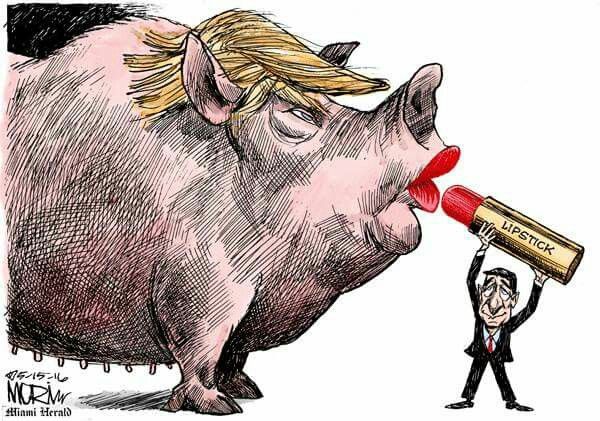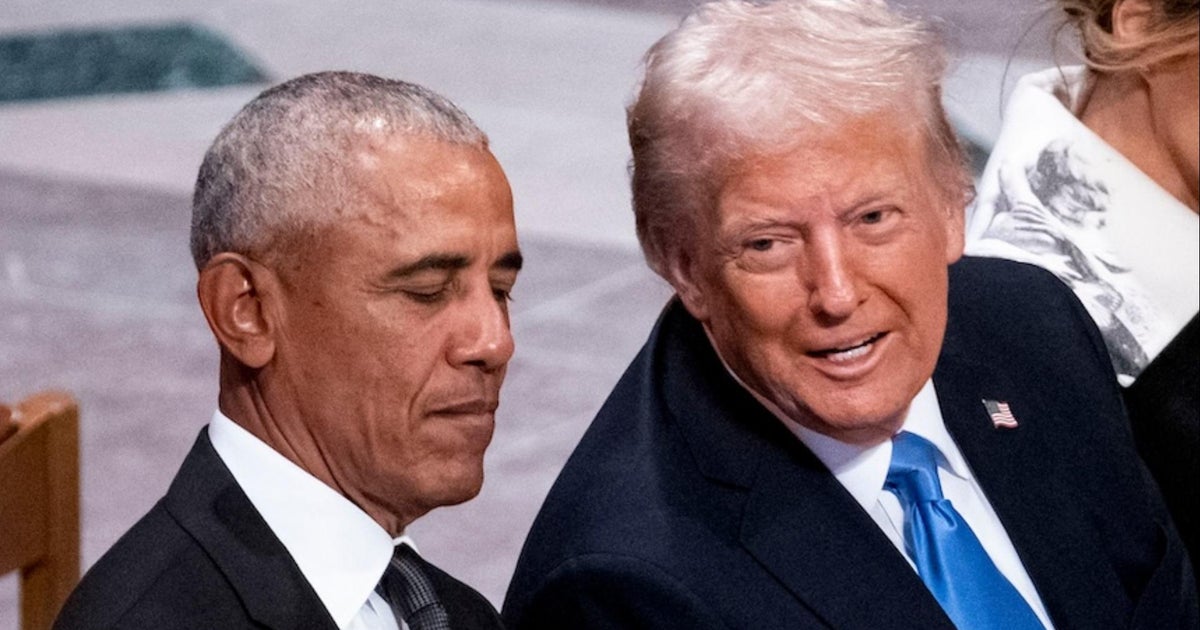
Krill Diplomacy: Trump’s Unseen Influence on Southern Ocean Fisheries
The vast, ice-choked waters of the Southern Ocean are a crucial global ecosystem, teeming with life and playing a vital role in regulating our planet’s climate. At its heart lies krill, a tiny crustacean that forms the base of an intricate food web, supporting whales, seals, penguins, and countless other species. Yet, this remote wilderness is increasingly becoming a focal point for international policy, where decisions made far from its shores can have profound impacts. In this landscape, the subtle shifts in American policy under the Trump administration have created ripples, influencing the delicate balance of Southern Ocean fisheries and marine conservation.
This post delves into the often-overlooked “Krill Diplomacy” and how decisions made by the Trump administration, though not always overtly focused on Antarctica, have exerted an unseen influence on the management of Southern Ocean fisheries and the future of marine protected areas.
The Shifting Sands of US Ocean Policy
The United States has historically been a key player in international fisheries management and ocean conservation forums. However, during the Trump administration, there was a noticeable shift away from global leadership in these areas. This retreat, experts suggested, could compromise the health of global fisheries and the effectiveness of marine conservation efforts.
- Reduced Global Engagement: A decreased emphasis on international agreements and organizations meant that the US’s traditionally strong voice in setting global fishing standards and conservation goals was less assertive.
- Focus on Domestic Industry: The administration’s “America First” approach often prioritized strengthening the U.S. fishing industry. While intended to support domestic fishermen by reducing regulatory burdens and combating unfair trade practices, these policies sometimes overlooked the broader, international implications for ecosystem health.
Krill: The Tiny Kingpin of the Southern Ocean
Krill fishing in the Southern Ocean is not just about a small shrimp-like creature; it’s a barometer for the health of the entire Antarctic ecosystem and a flashpoint for international negotiations. The krill fishery is concentrated around the Antarctic Peninsula, an area particularly vulnerable to climate change.
- Ecological Significance: Krill are a primary food source for many iconic Antarctic species. Declines in krill populations can have cascading effects throughout the food web.
- Economic Importance: Krill are harvested for aquaculture feed, krill oil (rich in omega-3 fatty acids), and even fish bait. This economic interest brings different nations and industries to the negotiating table.
Marine Protected Areas: The Frontlines of Conservation
Marine Protected Areas (MPAs) are critical tools for safeguarding ocean biodiversity and building resilience against climate change. The Southern Ocean has been a battleground for establishing large-scale MPAs, with scientists and conservationists advocating for increased protection.
- CCAMLR’s Role: The Commission for the Conservation of Antarctic Marine Living Resources (CCAMLR) is the international body responsible for managing fisheries in the Southern Ocean. Decisions within CCAMLR are consensus-based, meaning all member states, including the US, have significant influence.
- Trump’s Impact on MPAs: Globally, the Trump administration took steps that some argued weakened protections for marine areas, potentially opening them to industrial fishing. This stance, while not directly aimed at the Southern Ocean, set a precedent and influenced the US’s negotiating position on MPAs in international forums. The stated goal of strengthening the U.S. fishing industry, while understandable from a domestic perspective, raised concerns about its potential spillover effects on international conservation initiatives.
The Unseen Influence: How US Policy Played Out
While the Trump administration may not have explicitly targeted Antarctic krill policy, its broader approach to environmental regulations and international cooperation had tangible, albeit indirect, consequences.
- Weakened Bargaining Power: A perceived retreat from global environmental leadership could have diminished the US’s ability to champion ambitious conservation goals within CCAMLR and other bodies. This could embolden nations with different priorities.
- Impact on MPA Negotiations: The US’s willingness to support or oppose the establishment of large-scale MPAs in the Southern Ocean is crucial. A less conservation-focused stance could have stalled progress on designating vital protected zones. For context, currently, less than 5% of the Southern Ocean is protected, falling short of CCAMLR’s targets and the global goal to preserve 30% of the world’s oceans by 2030.
- Funding and Scientific Presence: Deep funding cuts to US science and logistics in Antarctica, as announced by the administration, could also have implications. A reduced scientific presence might limit the US’s ability to contribute vital data and analysis to CCAMLR discussions, further impacting its influence.
What Does This Mean for the Future?
The decisions made by any administration on fisheries management and conservation have long-lasting effects. For the Southern Ocean, understanding the nuances of international diplomacy – often referred to as “Krill Diplomacy” by observers – is vital.
Here’s what you should consider:
- The Importance of US Leadership: The US has a significant role to play in ensuring the sustainable management of Southern Ocean fisheries and the expansion of marine protected areas. Its active participation and commitment to science-based conservation are crucial.
- Krill as a Bellwether: The health of the krill fishery and the fate of proposed MPAs serve as indicators of the broader geopolitical climate surrounding Antarctic conservation.
- The Interconnectedness of Policy: Even policies seemingly focused on domestic industries can have profound global consequences, especially in shared and fragile ecosystems like the Southern Ocean.
The legacy of “Krill Diplomacy” under the Trump administration underscores the interconnectedness of our world and the power of policy, even when its influence isn’t immediately apparent. As we look ahead, a robust and engaged US approach is paramount to safeguarding this vital polar frontier for generations to come.

Additional Information
Krill Diplomacy: Trump’s Unseen Influence on Southern Ocean Fisheries
The vast, icy expanse of the Southern Ocean, a critical ecosystem teeming with life, has become an unexpected battleground in the shifting currents of global politics. While not directly engaging in overt diplomatic pronouncements regarding the region, the policies and rhetoric of former President Donald Trump have cast a long shadow over its delicate fisheries, particularly the lucrative krill industry, and the future of marine conservation efforts. This analysis delves into how Trump’s “America First” approach to fisheries and his administration’s broader environmental policies have, intentionally or unintentionally, influenced the geopolitical landscape of the Southern Ocean, creating both challenges and, potentially, unintended opportunities.
A Shifting US Stance: Retreat from Global Leadership
One of the most significant impacts of the Trump administration on the Southern Ocean fisheries stems from a broader retreat from international cooperation on oceans and fisheries. As highlighted by Mongabay (2025/04), U.S. influence at global fisheries and oceans forums began to wane during Trump’s tenure. This withdrawal from leadership positions can have detrimental ripple effects. The Commission for the Conservation of Antarctic Marine Living Resources (CCAMLR), the international body responsible for managing fisheries in the Southern Ocean, relies on the active participation and scientific expertise of its member nations. A diminished U.S. presence could weaken CCAMLR’s ability to set effective quotas, establish precautionary measures, and implement robust conservation strategies.
This retreat is further exemplified by deep funding cuts to U.S. Antarctic science and logistics, as reported by Cosmos Magazine (2025/03). Antarctica serves as a vital natural laboratory, and the U.S. has historically been a leader in Antarctic research. Reduced funding can translate to fewer scientific expeditions, less data collection, and a diminished ability for U.S. scientists to contribute to the scientific understanding underpinning fisheries management in the region. This lack of robust scientific input can handicap CCAMLR’s decision-making processes, making it harder to assess the health of krill populations and their role in the wider ecosystem.
Krill: A Bellwether for Polar Politics
Krill, tiny crustaceans that form the base of the Antarctic food web, are central to the region’s geopolitical and ecological significance. The krill fishery, primarily for aquaculture feed and omega-3 supplements, is a growing industry. As noted by the Daily Maverick (2024/11/25), krill fishing and Marine Protected Areas (MPAs) have become a “bellwether” for the Southern Ocean’s geopolitical “pitching and rolling.” This means that developments in krill fishing are closely watched as indicators of broader political trends and their impact on conservation.
Under Trump, a notable directive aimed to strengthen the U.S. fishing industry and support American fishermen by reducing regulatory burdens and combating unfair foreign trade practices (Forbes, 2025/04/23). While ostensibly focused on domestic fishing, such orders can have extraterritorial implications. In the context of the Southern Ocean, this could manifest in a reluctance to support stringent international regulations that might be perceived as hindering economic opportunities. Furthermore, the stripping of protections from Marine Protected Areas (MPAs) within U.S. waters (The Conversation, 2024/06/27) signaled a broader philosophical shift towards prioritizing resource extraction over conservation, a stance that could undermine efforts to establish and expand MPAs in the Southern Ocean.
The MPA Gap: A Legacy of Underprotection
The inadequacy of MPAs in the Southern Ocean is a critical concern, with less than 5% currently protected, falling far short of CCAMLR’s targets and the global goal of preserving 30% of the world’s oceans by 2030 (The Independent, 2024/07/09). Marine scientists overwhelmingly advocate for a combination of effective MPAs and ecosystem-based fisheries management (EBFM) to protect biodiversity and build resilience to climate change (ASOC, n.d.).
The Trump administration’s stance on MPAs and its general approach to environmental deregulation could indirectly exacerbate this gap. By de-emphasizing the importance of protected areas domestically and potentially withdrawing support for international conservation initiatives, the U.S. could embolden nations less inclined to expand Southern Ocean MPAs. This could create a vacuum in leadership, making it harder to achieve the critical conservation milestones needed to safeguard the Antarctic ecosystem.
Unintended Consequences and Shifting Dynamics
While Trump’s policies were largely driven by domestic considerations, their impact on the Southern Ocean fisheries has been significant and multifaceted.
- Weakened Diplomatic Clout: The U.S. retreat from global leadership in fisheries and oceans has likely emboldened other nations with different priorities, potentially leading to less ambitious conservation outcomes within CCAMLR.
- Scientific Knowledge Gaps: Reduced funding for Antarctic research could lead to a decline in the scientific understanding of the Southern Ocean ecosystem, making it harder to make informed management decisions regarding krill and other species.
- Pressure on MPAs: A more protectionist and less conservation-focused approach to marine management domestically could translate to less U.S. support for ambitious MPA designations in the Southern Ocean, leaving these vital areas vulnerable.
- Shifting Alliances: The vacuum left by a less engaged U.S. could lead to new geopolitical alliances and power dynamics within CCAMLR, with nations like China playing increasingly influential roles in the region. This could have implications for both fisheries management and conservation strategies.
Looking Ahead: A Call for Renewed Engagement
The “Krill Diplomacy” of the Trump era, characterized by a disengagement from global environmental leadership, highlights the interconnectedness of domestic policy and international conservation efforts. The future health of the Southern Ocean fisheries, and indeed its entire delicate ecosystem, hinges on renewed international cooperation, robust scientific research, and a strong commitment to establishing and effectively managing Marine Protected Areas.
While the immediate impact of the Trump administration’s policies might be characterized by a waning U.S. influence, the long-term consequences are still unfolding. The scientific community and conservation advocates continue to call for urgent action to designate more MPAs and update krill fishery management (ASOC, n.d.). The question remains whether the U.S., under future administrations, will reassert its leadership role in safeguarding this vital global commons, or if the “unseen influence” of its past policies will continue to shape the geopolitical and ecological trajectory of the Southern Ocean for years to come. The record-breaking krill catches, occurring against a backdrop of insufficient protection, serve as a stark reminder of the urgent need for effective stewardship.






Leave a Reply